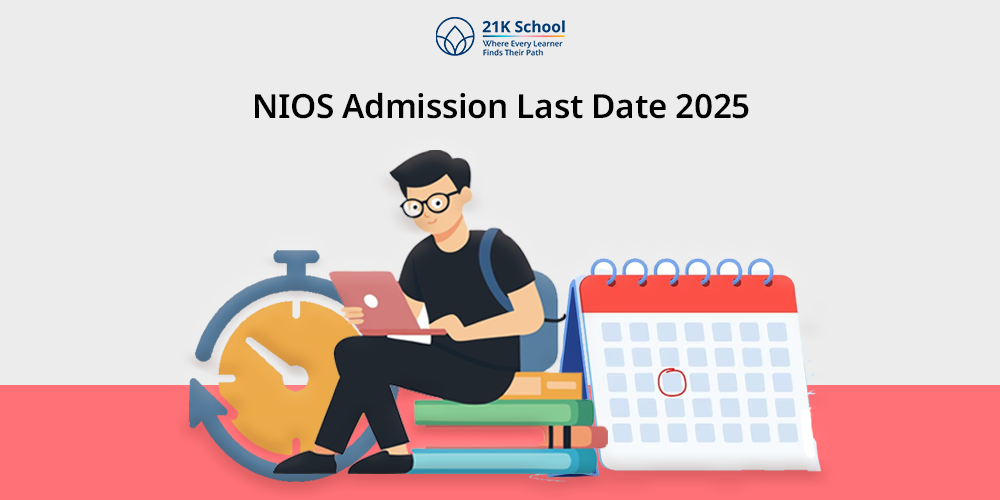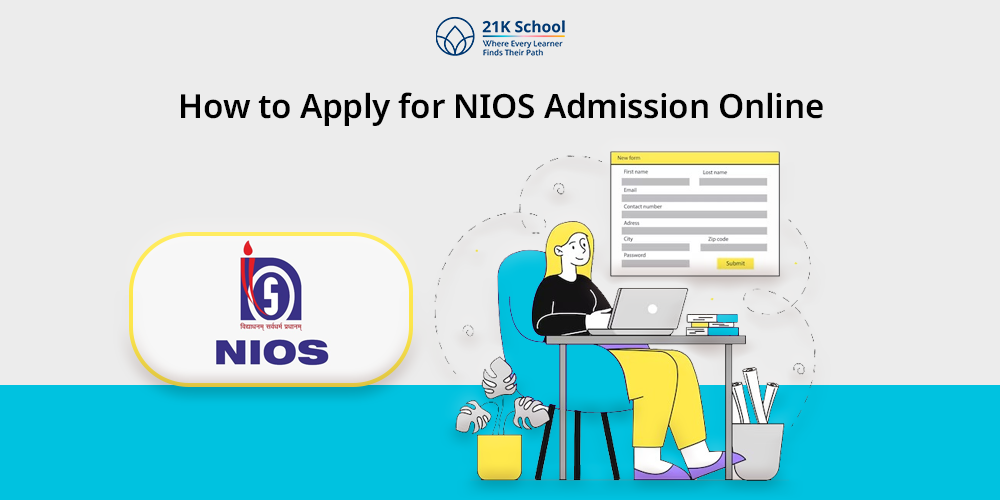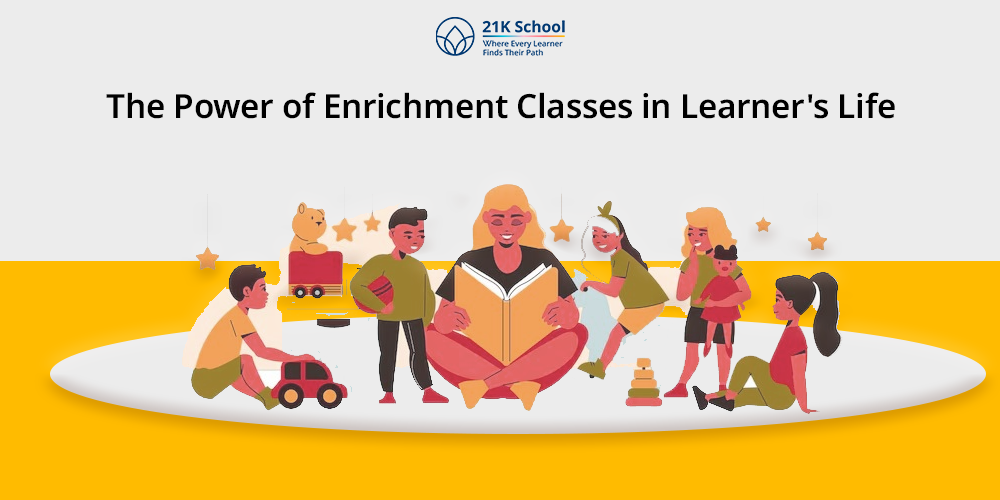
Covid 19 made a drastic change in all the sectors and one of the sectors was education.
As schools closed their physical classes in response to the virus outbreak, everyone from teachers, parents, and learners from across the globe embraced a new normal – online learning.
At first, flexibilisation and distance learning were regarded as extraordinary methods of education But the advantages were obvious.
Today the concept of online education has gained immense popularity, which is not only an option to be a replacement for the classroom but also is an added option to modern learning.
Why has this shift gained such momentum? Online schooling is flexible, accessible, and personal—in fact, it fulfils the four major requirements that modern learner brings into their learning process.
It closes the gaps resulting from spatial, monetary, and time limitations and provides education available for all.
Now it is time to share why the future of schooling is flexible and remote by describing evolution, solving problems, and appreciating the benefits for learners in the global network.
Table of Contents
Why the Future of Schooling is Flexible and Remote
There is a misconception about online education, thinking that it started with the COVID–19 crisis; when in fact the concept has been around for the past thirty years.
Moving from correspondence courses offered in the latter part of the 20th century to fully-fledged e-learning within the first decade of the 21st century, EdTech has come a long way to provide engaging, effective, and, at many times, convenient learning formats.
Source- Current registrations by American college students with the Babson Survey Research Group indicate that over 30% of the students are enrolled in at least one distance course.
Such growth clearly shows that online learning is interesting for students of different ages. Today virtual schools and even blended learning approaches are appearing in K-12 education and largely alter student-teacher relations.
Problems Online Schooling Solves
- Geographical Barriers: It reduced the stress of students in remote areas where they have to walk long distances to access quality education.
- Rigid Schedules: Traditional classroom education reaches more time-invariant educational needs of working learners or parents.
- Cost Barriers: This system of learning has some advantages such as, it cuts the expenses of transportation, accommodation and physical structures.
- Skill Gaps: All the way from coding to writing, and creativity, there are platforms that actual schools may not be offering.
It makes sense to take classes online whether you are a teenager who has to pass a tough subject or an adult who wants to advance in the profession.
Its flexibility and ease of use address the issue of student diversity, thereby making it an important component of today’s learning models.
Read on to discover five exciting benefits of online schooling that will make you want to get on this enlightening revolution!
Learn more about the coming technology in education The Future of Online Education: Emerging Technologies
Flexible and Remote Learning: Unlocking the Benefits of Online Education
There are several advantages of online education. Here, we have listed below some of the most highlighted ones. Have a look at the pointers below-
1. It’s Flexible
It is flexibility more than anything that defines online education. As for the final advantage, I will say that, unlike traditional classes with a fixed schedule, in online schooling, you can set the time for yourself.
With your study time, you can be as flexible as you want to be because it can be done during the morning, afternoon or at night.
For example, some working people may attend college in the evening or at night when they cannot work anyway, and some students balancing other after-school activities may study at any time that is convenient for them.
This makes it possible for students to be flexible and to cover a lot of ground in their learning because no one part of their life feels like it controls them completely.
2. It Offers a Wide Selection of Programs
With many programs available online, the choice has never been larger. Whether you are a college student seeking to advance your academic studies or a professional looking forward to enhancing your skills.
For anyone interested in widening their hobby interests, there is everything in between academic degree programs, professional certifications and hobby-based courses.
Relevant full-fledged coursework may often not be available to poor traditional schools, but with the help of the internet, there is Coursera, edX, and even Khan Academy, among others. This variety allows learners to choose what they want to learn and what career they want to pursue.
Also, read about the different platforms online Choosing the Right Online Learning Platform: A Guide
3. Accessibility
Flexible learning removes hindrances that hinder learning processes. This is the meaning of MOOCs for education, irrespective of where you are, whether in the heart of a city or a small village, what you require is connectivity to the internet.
This is advantageous to students with disabilities or other health cases which make it difficult for them to attend traditional school.
Also, most of the online courses are responsive meaning that one can learn while on the move. It’s education without borders making sure that every window of information is made available to everyone.
4. Cost-Effectiveness
The expenses for education are never cheap. Traditional school costs, including tuition, gas money to get to the school, etc., and housing can get pretty expensive.
Education via the World Wide Web, however, makes the process effective when it comes to reducing costs.
Some of the sources offer open courses or are accessible for a reasonable fee subscription accessible sources. Also, students get to avoid the costs of learning material since most are online resources.
Thus, online schooling free from financial constraints makes education a possibility for many.
Also, read Lower Costs Are Making More Students Prefer Online Education to know why students are choosing it.
5. It Allows for a Personalized Learning Experience
Education cannot be standardized, and online schooling understands this puzzle. Sophisticated resources such as machine learning-based learning systems assess your capabilities, areas of difficulty, and how you learn to serve relevant content.
For example, writing and translating websites such as Duolingo employ flexibility in teaching your different languages, some have tools that track your progress, and others have exercises to make the learning activities more interesting.
It increases the rate of understanding, remembering and general reception because of its ability to be personalized.
Have a look at the blog and learn in detail about Virtual Education.
At 21K School, we have reshaped education with personalised learning that aligns with your child’s unique pace, interests, and strengths- as we believe all learners are not the same.
With our innovative curriculum, we ensure every student excels in a supportive and flexible environment. With us, learners find their paths.
Conclusion
In the future, education is surely flexible and remote-based allowing learners from every corner of the world. Online schooling is not simply the fashion, it is the innovative method of handling contemporary concerns in the educational system.
This is good news for anyone as online education is perfect for the student who needs flexibility, the cost-conscious student, or the student who wants a tailored learning experience.
Take to this mode of learning and enter the future equipped, and full of confidence.



